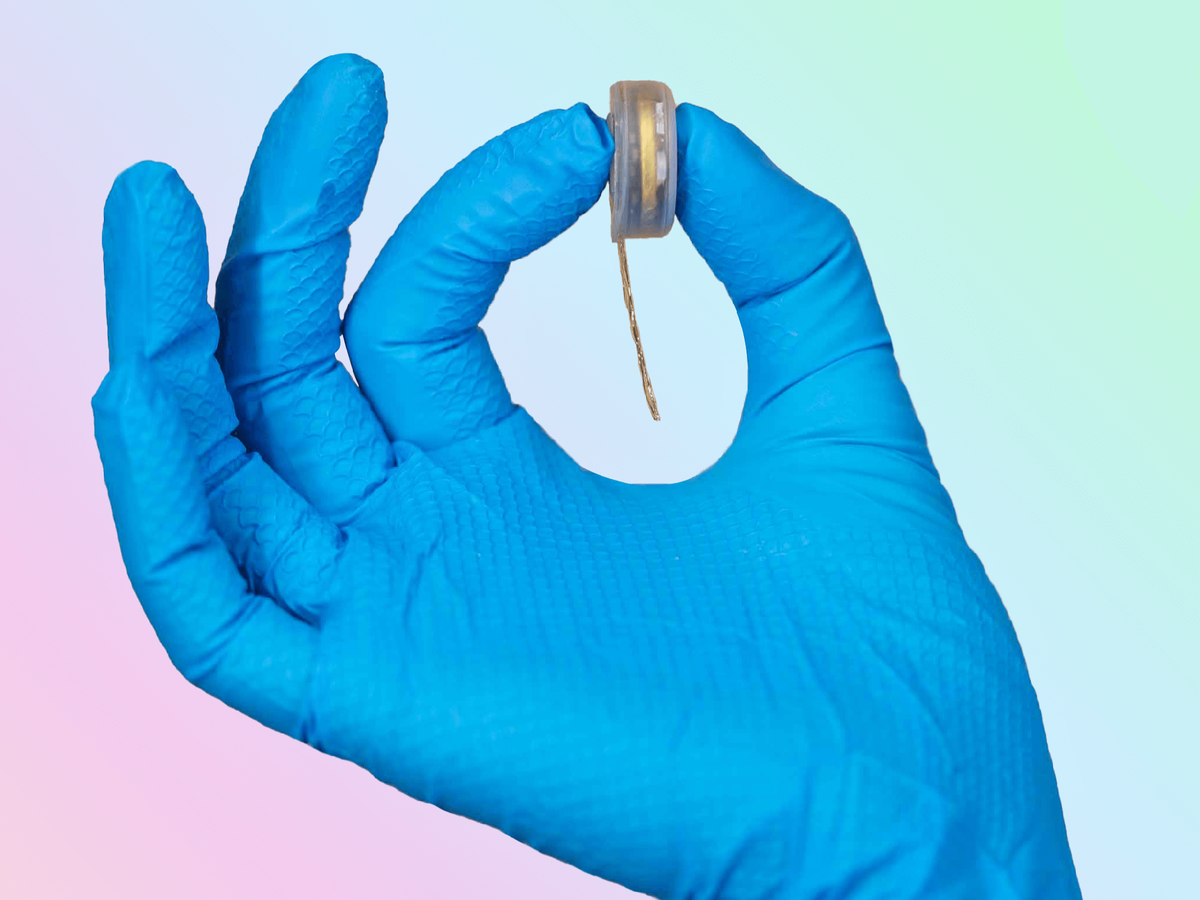Elon Musk’s Neuralink pushes brain-computer event back a month OLD

- Oops!Something went wrong.Please try again later.
Elon Musk has pushed back a public demonstration of the brain chip developed by his brain-computer interface (BCI) startup Neuralink.
The “show and tell” event was scheduled to take place on 31 October, during which Mr Musk was expected to provide updates about human trials slated to take place at some point in 2022.
“Neuralink show and tell now on 30 November,” Mr Musk tweeted, without providing any further explanation.
At the last major Neuralink event in April 2021, the company unveiled a monkey capable of playing the video game Pong using just its mind.
Early applications of the technology will focus on helping people with paralysis to regain independence through a BCI implanted in the brain.
Neuralink is not the first to do this, with neurotech startup Synchron conducting human trials last year that allowed a paralysed man to compose and post a tweet using only his thoughts.
“No need for keystrokes or voices, I created this tweet just by thinking it,” the tweet stated.

Beyond providing people with paralysis with direct neural control of a computer, Mr Musk claims the applications of BCI technology are nearly limitless.
During a company presentation in 2020, Mr Musk said Neuralink’s chip could be used to cure blindness, “solve paralysis” and allow “human-AI symbiosis” that would see humans compete with artificial intelligence.
“In the future, you’ll be able to save and replay memories,” he said. “This is increasingly sounding like a Black Mirror episode… Ultimately you could download them into a new body or a robot body.”
He has even claimed that the technology could give users “enhanced abilities”, like communicating with other users via thoughts, and streaming music directly to the brain.
A job advert posted earlier this year to Neuralink’s website for a ‘Clinical Trial Director’ hinted that the company was ready to take its BCI research to the next stage.
As the Clinical Trial Director, you’ll work closely with some of the most innovative doctors and top engineers, as well as working with Neuralink’s first Clinical Trial participants,” the job listing, stated.
“You will lead and help build the team responsible for enabling Neuralink’s clinical research activities and developing the regulatory interactions that come with a fast-paced and ever-evolving environment.”

